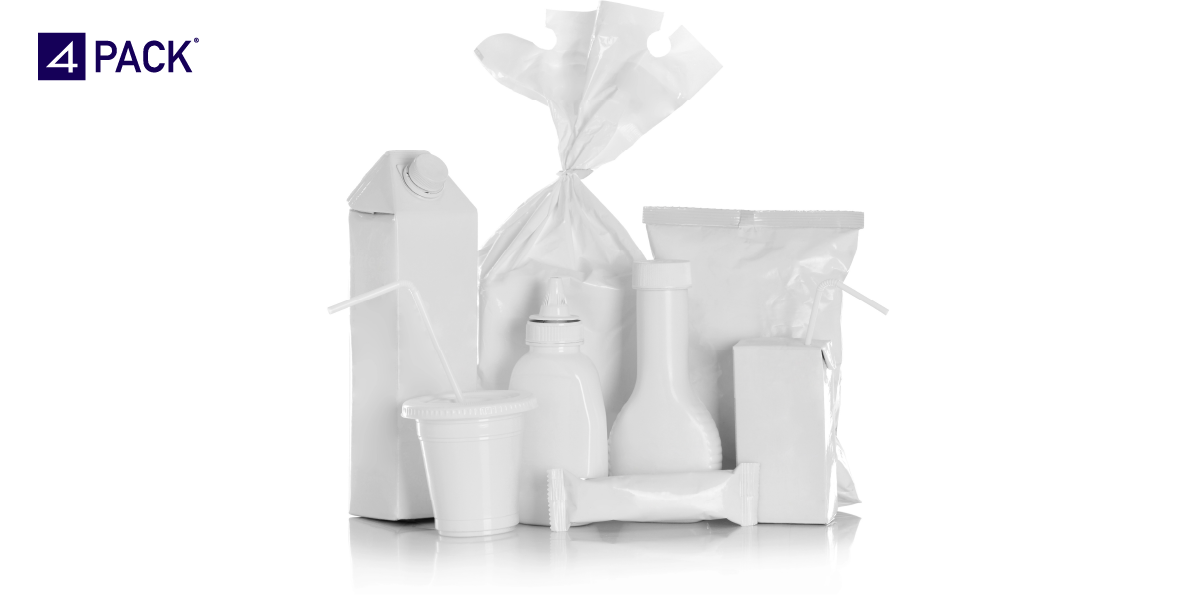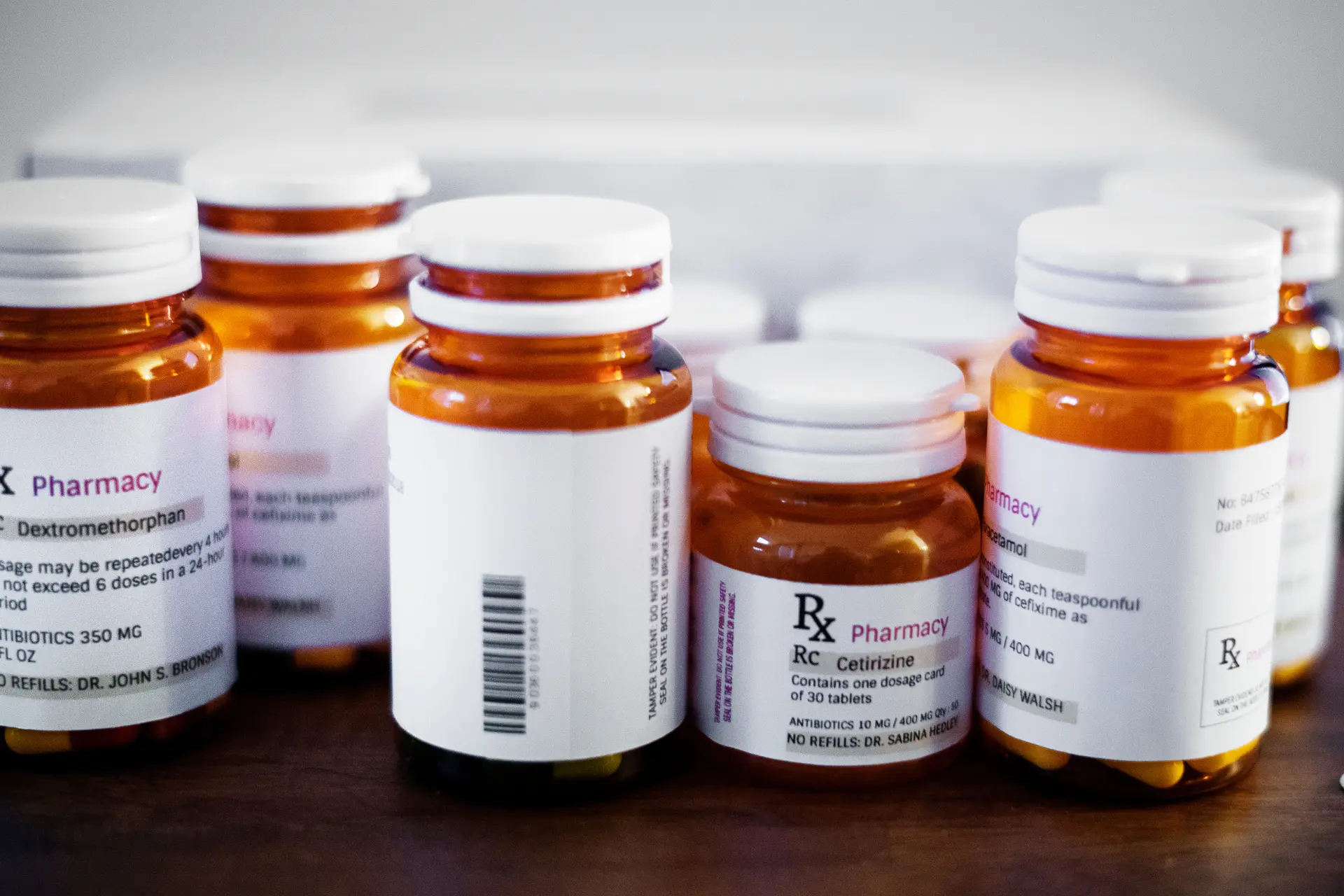Understanding the Plastic Packaging Tax
What Is the Plastic Packaging Tax?
The Plastic Packaging Tax, introduced by the UK government, is a fiscal measure aimed at reducing plastic waste and encouraging the use of sustainable packaging alternatives. Set to commence in April 2022, this tax represents a pivotal shift towards a circular economy model.
Plastic packaging has long been a staple in various industries, offering convenience and cost-effectiveness. However, its detrimental impact on the environment has become increasingly apparent, prompting governments worldwide to take action. In the United Kingdom, the Plastic Packaging Tax stands as a significant step towards addressing the environmental challenges posed by plastic waste.
Origins and Objectives
The Plastic Packaging Tax emerges from a growing consensus on the urgent need to tackle plastic pollution. By imposing a tax on plastic packaging with less than 30% recycled content, the government aims to incentivise the use of recycled materials and promote eco-friendly packaging solutions.
The tax applies to plastic packaging produced in or imported into the UK, encompassing a wide range of products across various sectors. From food and beverage packaging to household goods, the scope of the tax is extensive, reflecting its comprehensive approach to addressing plastic waste.
The Environmental Imperative
Rising Concerns Over Plastic Pollution
Plastic pollution has emerged as one of the most pressing environmental challenges of our time. With vast quantities of plastic entering oceans and ecosystems annually, the need for decisive action has never been greater.
The lifecycle of plastic packaging entails significant environmental consequences, from extraction and production to disposal. Plastic pollution poses threats to marine life, ecosystems, and human health, underscoring the imperative for sustainable alternatives.
Need for Regulatory Measures
Regulatory interventions, such as the Plastic Packaging Tax, are essential for mitigating plastic pollution. By levying a tax on non-recycled plastic packaging, the government seeks to internalise the environmental costs associated with plastic production and disposal.
Key Features of the Plastic Packaging Tax
- Taxation Framework: The Plastic Packaging Tax operates on a principle of extended producer responsibility, placing the onus on manufacturers and importers to adopt sustainable packaging practices. By incorporating recycled content thresholds, the tax incentivises compliance and innovation within the industry.
- Tax Rates and Thresholds: Tax rates are structured to incentivise the use of recycled materials, with higher rates applicable to packaging containing less recycled content. This tiered approach encourages businesses to adopt sustainable packaging solutions and invest in recycling infrastructure.
- Exemptions and Exceptions: Certain types of packaging, such as medical and low-value items, are exempt from the tax to prevent unintended consequences. Additionally, packaging made from alternative materials, such as compostable plastics, may qualify for exceptions, subject to stringent criteria.
Implications of Plastic Packaging Tax for Businesses
- Financial Impact: The Plastic Packaging Tax introduces significant cost implications for businesses, particularly those reliant on non-recycled plastic packaging. To remain competitive, companies must reassess their packaging strategies and explore opportunities for cost-saving and innovation.
- Operational Changes and Challenges: Compliance with the Plastic Packaging Tax necessitates operational changes across the supply chain, from procurement and production to distribution and disposal. Businesses must invest in infrastructure and processes to facilitate the transition to sustainable packaging alternatives.
- Adaptation Strategies: Adopting sustainable packaging practices offers long-term benefits for businesses, including enhanced brand reputation and market competitiveness. By embracing innovation and collaboration, companies can seize opportunities to lead the transition towards a circular economy.
Innovations and Alternatives
Technological Solutions
Advancements in technology hold promise for revolutionising the packaging industry, offering alternatives to traditional plastics. From bio-based polymers to advanced recycling processes, technological innovations are driving the development of sustainable packaging solutions.
Biodegradable and Sustainable Packaging
Biodegradable materials, such as PLA (polylactic acid) and PHA (polyhydroxyalkanoates), offer environmentally friendly alternatives to conventional plastics. These materials degrade naturally, reducing the burden of plastic pollution on ecosystems and landfills.
The transition to a circular economy model is central to addressing the challenges of plastic waste. By prioritising resource efficiency and closed-loop systems, circular economy initiatives aim to minimise waste and maximise the value of materials throughout their lifecycle.
Compliance and Reporting
Regulatory Compliance
Businesses must ensure compliance with the Plastic Packaging Tax regulations, including accurate reporting and payment of taxes due. Non-compliance carries financial penalties and reputational risks, underscoring the importance of robust compliance mechanisms.
Transparent reporting is essential for monitoring progress towards sustainability goals and assessing the effectiveness of the Plastic Packaging Tax. Businesses are required to report packaging data annually, providing insights into recycling rates and material usage.
The UK government has established enforcement measures to ensure compliance with the Plastic Packaging Tax regulations. Penalties for non-compliance may include fines, sanctions, and reputational damage, highlighting the consequences of flouting regulatory requirements.
Global Perspectives and Comparisons
International Trends in Plastic Taxation
The Plastic Packaging Tax aligns with broader international trends towards taxing plastic waste and promoting sustainable packaging practices. Countries worldwide are exploring similar measures to address the environmental impacts of plastic pollution.
Comparative analysis offers valuable insights into the effectiveness of plastic taxation policies implemented in other jurisdictions. By evaluating success stories and lessons learned, policymakers can refine and strengthen their approaches to plastic waste management.
Lessons from Other Jurisdictions
Drawing lessons from the experiences of other countries can inform the development and implementation of plastic taxation policies. By leveraging best practices and innovative solutions, policymakers can accelerate progress towards a sustainable future.
Future Outlook and Challenges of Plastic Packaging Tax
Long-Term Environmental Goals
The Plastic Packaging Tax represents a significant step towards achieving long-term environmental goals, including reducing plastic waste and conserving natural resources. As part of a broader sustainability agenda, this tax sets the stage for transformative change in the packaging industry.
Anticipated Challenges and Roadblocks
While the policy offers promise for mitigating plastic pollution, it is not without its challenges and complexities. Addressing issues such as loopholes, enforcement, and technological limitations will be crucial for maximising the effectiveness of the tax.
The Plastic Packaging Tax is a dynamic policy instrument that may evolve over time in response to changing circumstances and feedback from stakeholders. Continuous monitoring and evaluation will inform iterative improvements and ensure the tax remains relevant and effective.
How 4Pack Can Help Simplify Your Business Processes
In the ever-evolving landscape of packaging and product management, navigating regulatory requirements and ensuring operational efficiency can be daunting. However, with 4Pack’s comprehensive solutions, businesses can streamline processes and unlock their full potential.
Gain Complete Visibility
With 4Pack’s powerful analytics and reporting features, gain complete visibility into your product data. Track and analyse key metrics such as ingredient lists, compliance requirements, and packaging specifications. This helps ensure regulatory compliance and enables informed decision-making, empowering you to make strategic choices that drive success.
Efficiency Through Automation
Efficiency is further maximised through workflow automation. Automate repetitive tasks like label generation, artwork approvals, and packaging specification updates. By eliminating manual errors and saving time, your team can focus on high-value activities, accelerating time to market and overall operational efficiency.
Scalability and Customisation
Scalability and customisation are key factors in 4Pack’s solutions. Whether you’re a small start-up or a multinational corporation, our flexible software can be tailored to meet your unique business requirements. Scale effortlessly, accommodating increased product complexity and evolving regulatory demands.
Optimise Operations and Reduce Costs
By leveraging 4Pack’s packaging and product specification and artwork management solutions, your business can optimise operations, reduce costs, and exceed customer expectations. Simplify artwork and specification management, streamline workflows, and unlock valuable insights into your product data.
Ready to Transform Your Business?
Ready to unlock your business’s full potential? Contact 4Pack today to schedule a personalised demonstration and discover how our innovative solutions can transform your product, packaging, and business processes. With 4Pack by your side, simplify complexity, maximise efficiency, and propel your business towards success.



